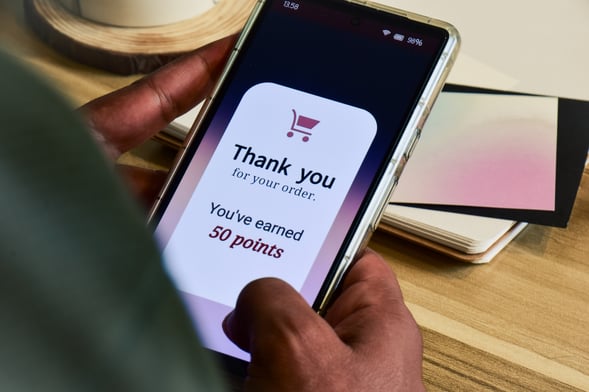Let's explore one of the best-kept secrets in local business strategy—customer data collection. Trust us, it's not as scary as it sounds. In fact, with the right tools and strategies, it's easy to implement across all your business locations. Plus, it can give your business performance a serious boost.
Why Collect Customer Data?
First things first, why should you care about collecting customer data? Well, imagine trying to hit a bullseye with your eyes closed. That’s what marketing without data is like. Customer data helps you understand your audience, tailor your marketing efforts, and ultimately, drive more sales.
Loyalty Programs: Your Data Goldmine
One of the easiest and most effective ways to start collecting customer data is through loyalty programs. Think of them as a win-win situation. Your customers get rewards, and you get valuable insights into their preferences and behaviors.

How to Set Up a Loyalty Program
Choose Your Rewards: Decide what kind of rewards you’ll offer. Discounts, freebies, exclusive access? The sky's the limit!
Promote Your Program: Make sure your customers know about the program. Use in-store signage, social media, and email marketing to spread the word.
Collect Data: When customers sign up, gather basic info like their name, email address, and birthday. This is your starting point.
Track Purchases: Every time a customer makes a purchase, track what they bought and when. Over time, you'll build a detailed profile of their preferences. (Explore how Cinch builds your Customer Profiles automatically.)
Analyze and Act: Use the data to personalize your marketing efforts. Send targeted offers, recommend products, and make your customers feel special.
Best Practices for Collecting Customer Data
Loyalty programs are fantastic, but they’re just the beginning. Here are some other best practices for collecting customer data across digital touchpoints:
💻 1. Website Analytics
Your website is a treasure trove of data waiting to be mined. Tools like Google Analytics can give you insights into who’s visiting your site, what they’re looking at, and how long they’re staying.
- Install Tracking: Make sure you have tracking set up on all the key pages.
- Monitor Behavior: Look at metrics like page views, bounce rates, and conversion rates.
- Optimize Content: Use the data to tweak your content and layout for better engagement.
✉️ 2. Email Marketing
Email marketing isn’t just about sending newsletters—it's also a powerful data collection tool.
- Use Sign-Up Forms: Collect basic info when people subscribe to your emails.
- Segment Your List: Group subscribers based on their interests and behaviors.
- Track Engagement: Monitor open rates, click-through rates, and conversions to see what’s working.
📱 3. Social Media
Social media platforms offer rich data about your audience’s interests and interactions.
- Engage With Followers: Respond to comments and messages to learn more about your customers.
- Run Polls and Surveys: Get direct feedback from your audience.
- Analyze Metrics: Use insights tools to track engagement, reach, and demographics.
🗨️ 4. Customer Feedback
Sometimes, the best way to get data is to ask for it directly.
- Surveys and Questionnaires: Send out surveys to gather detailed information.
- Reviews and Testimonials: Encourage customers to leave reviews and use their feedback to understand their needs. (Explore Reputation Management with Cinch)
Conclusion
Collecting customer data doesn’t have to be daunting. Start with a simple loyalty program and expand your efforts to digital touchpoints. The insights you gain will help you create more effective marketing strategies and build stronger relationships with your customers.
Ready to get started? Implement these strategies today and watch your business performance soar! And remember, collecting data is just the first step—using it effectively is where the magic happens.

